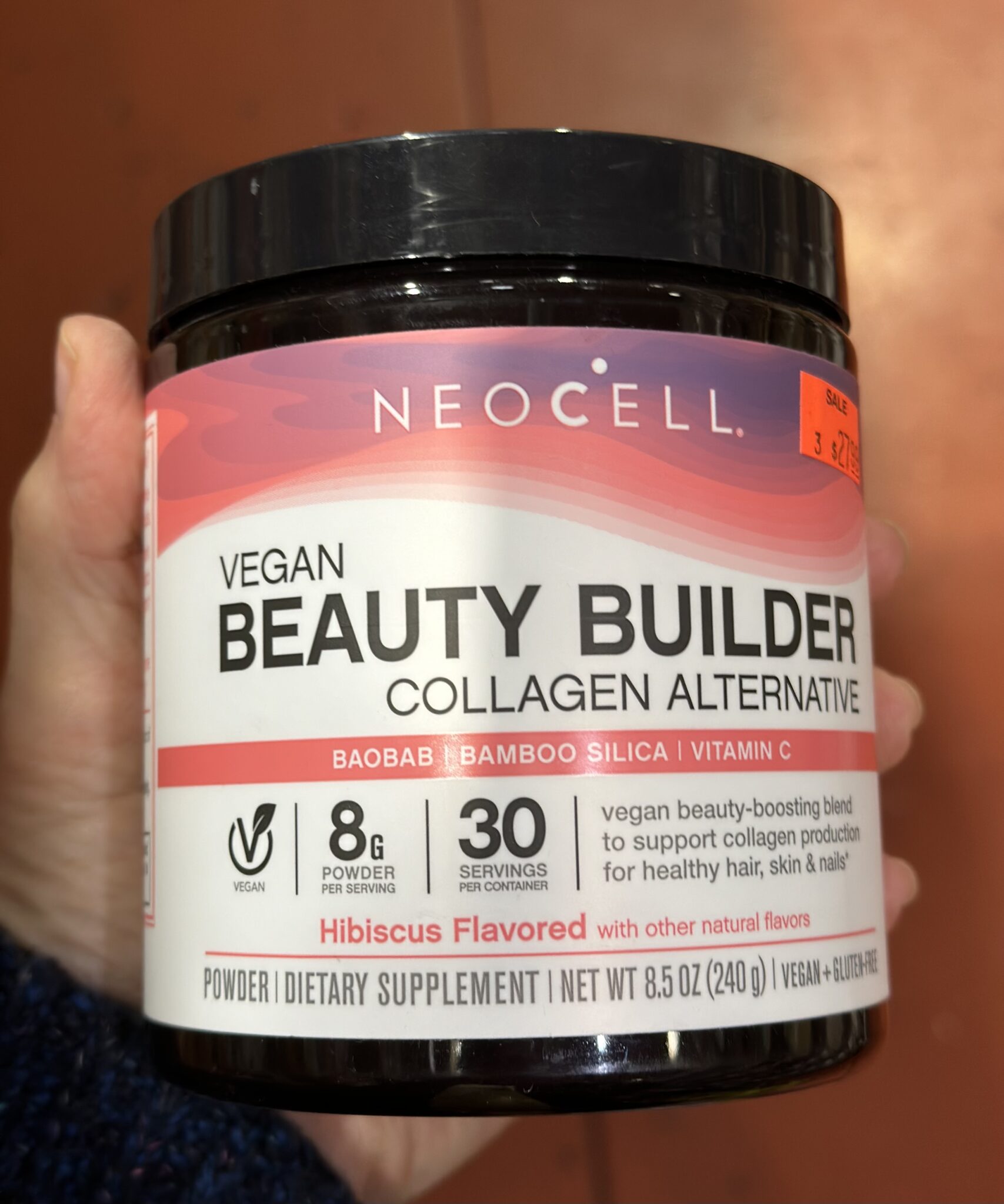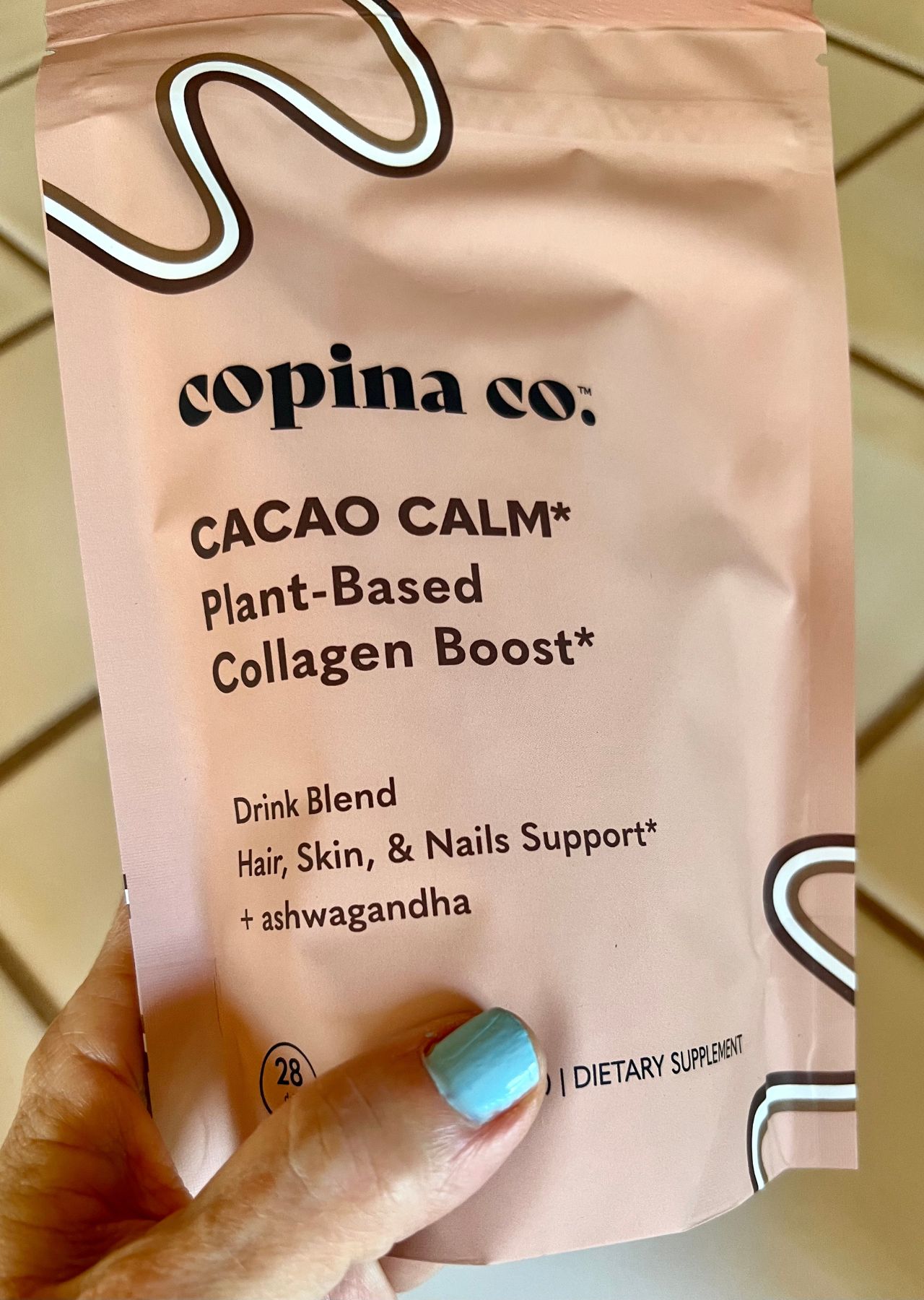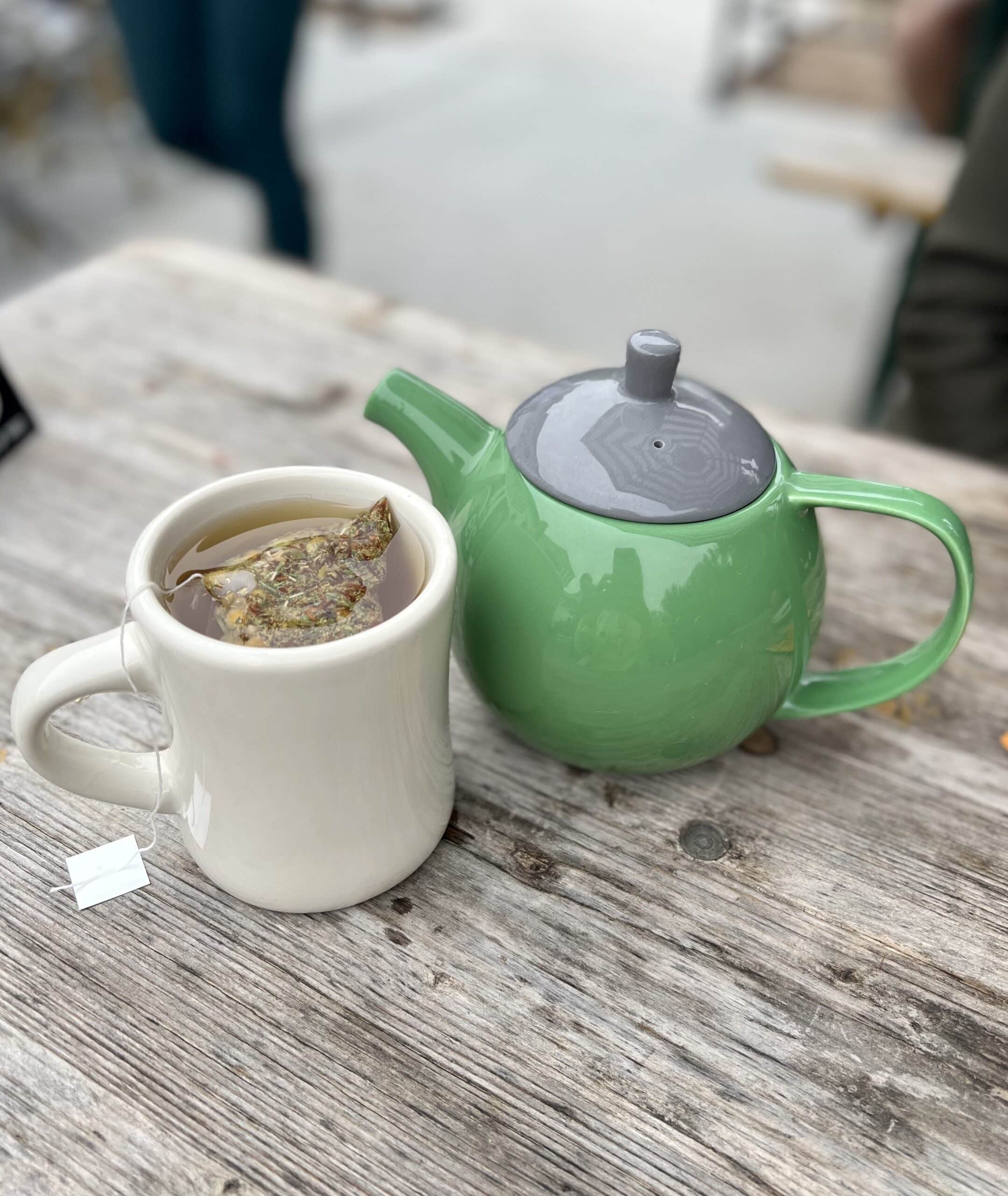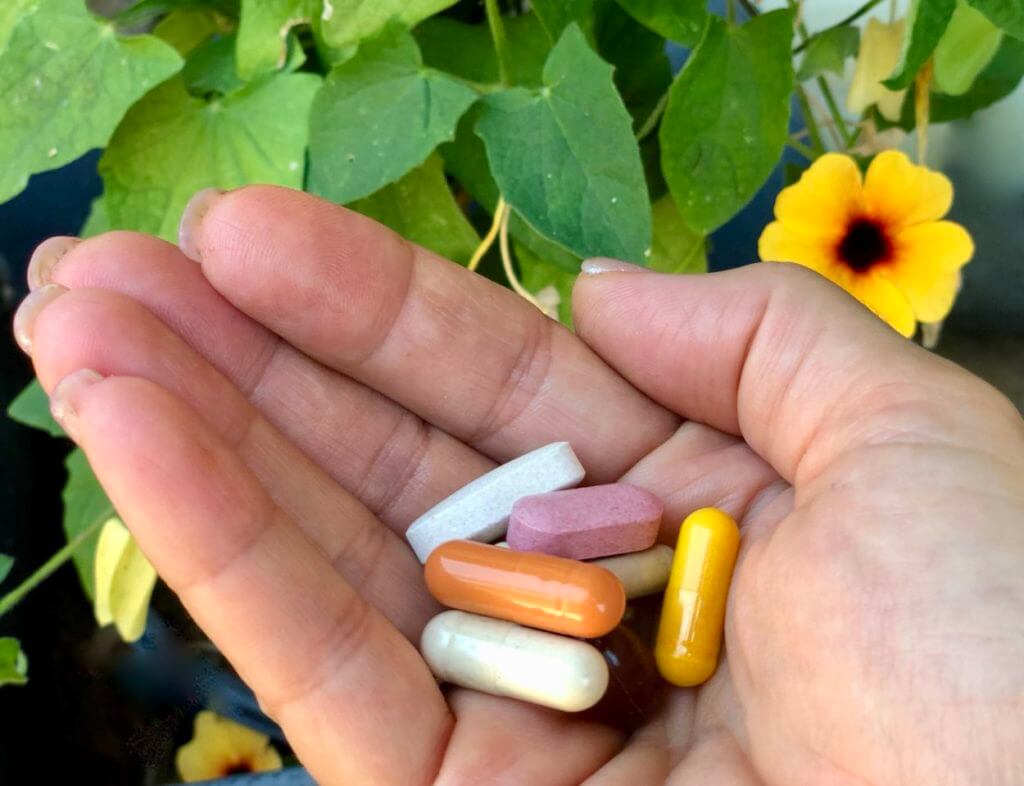
Wondering what is vegan collagen and vegan collagen powder? Does vegan collagen have any proven health benefits? Learn more in this expert guide.
If you’re keeping up to date on the latest health buzz, you’ve probably heard of a trend on adding collagen to your diet, often via bone broth. And now there’s interest in vegan collagen for those eating a plant-based diet. However, there’s some confusion about this term, because collagen is essentially a type of connective tissue that can only be found in animal products, like cartilage, bones, and skin. The word “collagen” actually comes from the Greek kólla, meaning “glue.” Our bodies naturally produce collagen throughout our lives. This process does slow as we age, causing muscle and joint weakness, along with an overall loss of “stretchiness.” This is most noticeable in our faces where the skin is naturally very thin, so a decrease in collagen production and strength reduces our skin’s elasticity, creating wrinkles. You can protect your natural collagen by avoiding sun overexposure. But what about diet? Collagen supplements may modestly improve appearance of wrinkles after several months, according to research. But what about vegan collagen?

What is Vegan Collagen?
So, what’s the deal with vegan collagen? Plants don’t have any bones or cartilage, so can there really be such a thing as vegan collagen? There are many supplements and vegan collagen powders that claim to contain plant-based collagen. Unfortunately, some may contain actual animal collagen from bones or cartilage, so be sure to check the labels before purchasing them. However, what many of these products aim to do is provide nutrients your body can use to support collagen production—acting instead as collagen boosters rather than a source of actual collagen. Some products contain amino acids in the same ratio as collagen. There is limited research on how effective these supplements are for skin health. There is current research on producing actual “vegan collagen” from yeast and other microorganisms, but these aren’t mass produced yet. In short, there are no actual vegan collagen supplements currently for sale—only ones that claim to promote collagen production with nutrients like vitamin C, biotin, and plant extracts. The thing is that you can get those nutrients—especially vitamin C–in a healthy plant-based diet.

The good news is that you don’t need to purchase a collagen-boosting supplement to improve and protect your body’s collagen. There are a number of lifestyle and diet changes that can be just as effective in promoting your skin’s health. Be sure to avoid smoking, as cigarette use has been linked to declines in collagen, and avoid being in the sunlight too long without protection. Poor sleep and high stress can also have a negative effect on collagen and general health, so be sure to incorporate relaxation into your daily schedule.

Changing your diet can also be a great way to influence collagen production. Plant-based living, in fact, is one of the best ways to stay healthy both inside and out! Colorful fruits and vegetables like berries and bell peppers are amazing sources of antioxidants. These compounds can neutralize harmful free radicals in the body, promoting your overall health and promoting collagen formation. Antioxidants are also found in teas, coffee, seeds, and herbs, so they’re easy to work into your diet.

A plant-based diet can also provide a number of vitamins and minerals to promote health. Vitamin C, which is found in oranges, broccoli, and papaya, is essential for collagen formation. Patients with scurvy, or an extreme Vitamin C deficiency, often have their old wounds reopen due to a lack of collagen—so make sure to eat fresh fruits and veggies every day. In addition, soyfoods like tofu, tempeh, soybeans, edamame, soynuts, and soymilk have shown to reduce wrinkling, so include these foods in your diet every day.

Overall, it may be disappointing to hear that “vegan collagen” supplements don’t actually contain any collagen. However, there are plenty of ways to promote collagen formation in your body, whether through one of the “collagen-boosting” supplements available on the market or through lifestyle and diet changes. Always wear sunscreen, make sure to get a full night of sleep, and—quite literally—eat the rainbow by introducing new, colorful fruits and vegetables into your diet.

For more information on supplements, check out the following blogs:
Written by Sharon Palmer MSFS, RDN with Kathryn Atkinson, dietetic intern.
More Tools for Eating and Living the Goodness
